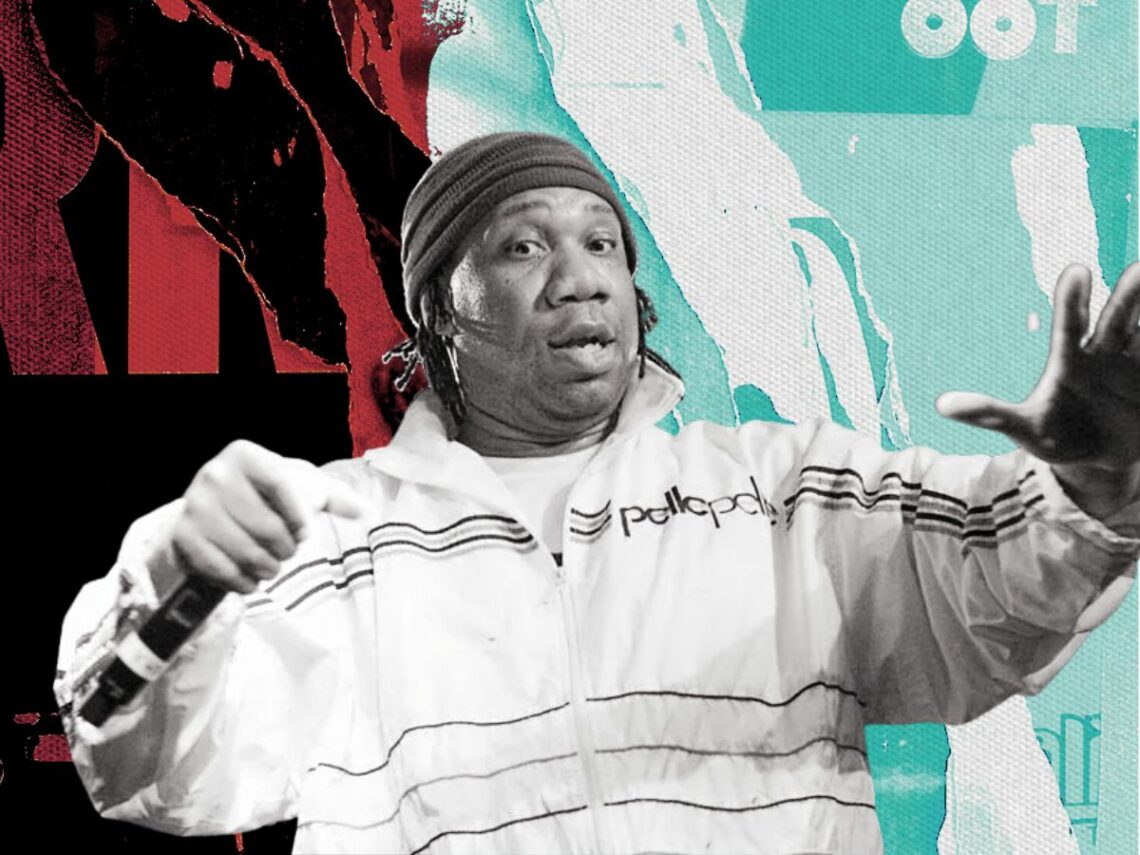When it comes to golden-age hip-hop, the iconic South Bronx artist KRS-One, standing for ‘Knowledge Reigns Supreme’ (KRS), is considered one of the forefathers of conscious rap music, one of New York’s most potent lyricists during the 1980s.
The emcee (real name Lawrence Parker) was half of the duo BDP (Boogie Down Productions) alongside his late crewmate Scott La Rock and, accompanied by Rakim, changed the way musicians approach lyricism concerning creativity and complexity.
Parker is also a proud pan-Africanist who, unlike many rappers, is interested and invested in the advancement of black people worldwide as opposed to the microcosm of the US.
KRS-One is a legend, and one fact that few know is that prior to becoming an icon in hip-hop, between the ages of 16 and 21, the emcee was homeless. In fact, he even unveiled that he was still living on the streets when he released ‘South Bronx’ and ‘The Bridge Is Over’. Both of these were diss tracks aimed at the Juice Crew from Queensbridge.
The lyricist’s music was well-known, but people didn’t know his face as he had never been invited to a photoshoot, so his brand wasn’t publicised or BDP (Boogie Down Productions) his crew alongside Scott La Rock.
In an interview with The Alchemist, Parker explained, “At 12 years old, I told my mother, I said ‘I’m gonna be an emcee, so as time goes on when I hit about 16, I left home for good, and I lived on the streets of New York from like 16 to 21. I’m on the E train, sleeping on the E train!”
He continued, “I’m sleeping in the World Trade Centre. I had ‘South Bronx’ out and ‘The Bridge Is Over’, and I was still homeless. I would be sitting there on the edge of the train, and people would have a boombox, and they’re blasting ‘South Bronx’ like ‘Did you hear this new shit!’ and I was sitting right there because back then there was no video, no magazine.”
He concluded, “You put out a record, and no one knew who you was, so I’d be sitting right there like ‘South Bronx’ I didn’t want no one to know or even think this is me, the guy you think is large and all of this is right next to you. Homeless with no money, no nothing. Sometimes, I went to sleep, woke up, and there would be $110 on my lap!”
Luckily, Parker was saved by the owners of B-Boy Records, who signed him and Scott La Rock as BDP to their record label, where they released the iconic 1987 Criminal Minded album. You can hear Parker speak on his homeless journey below.
